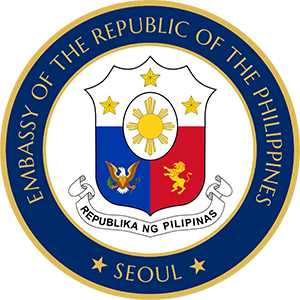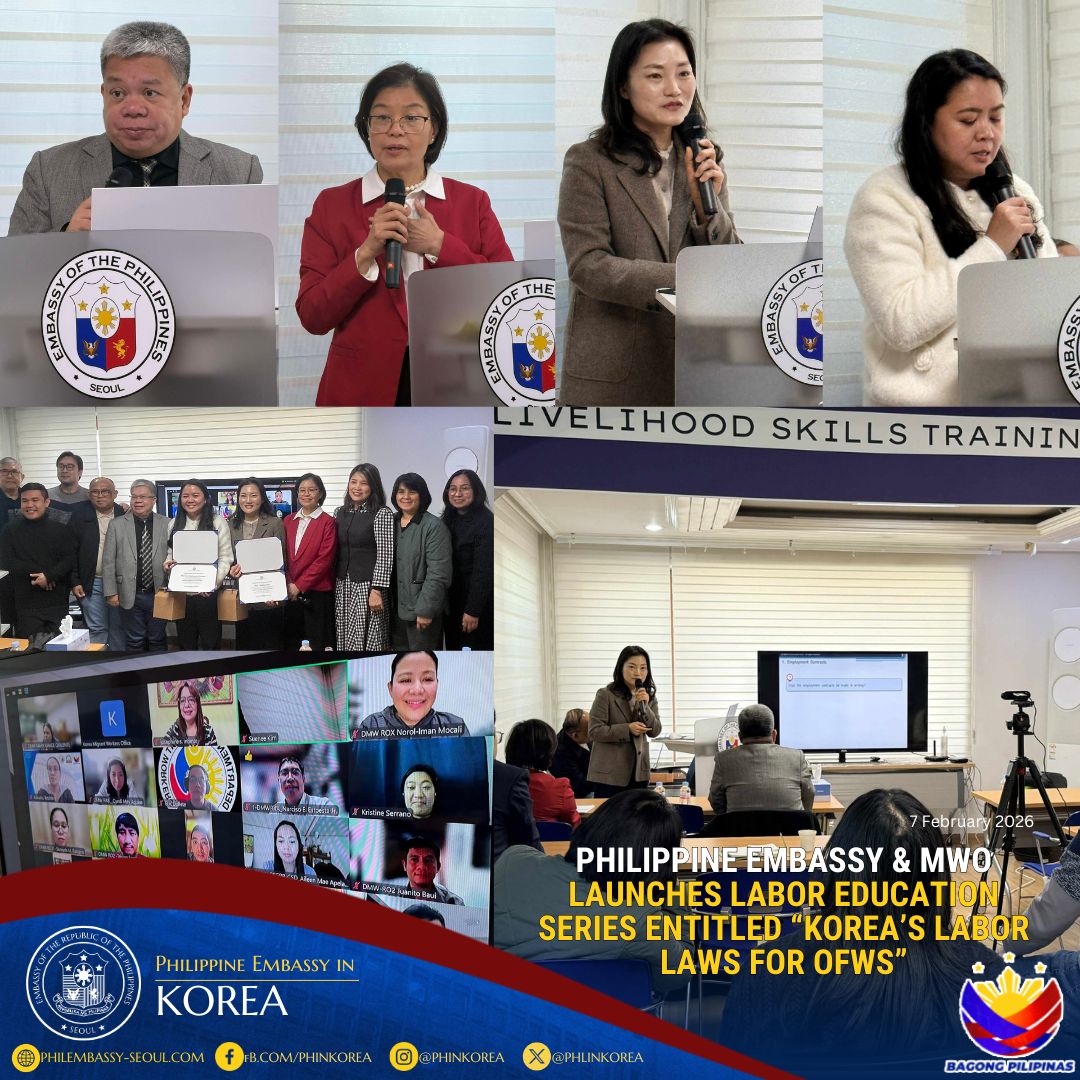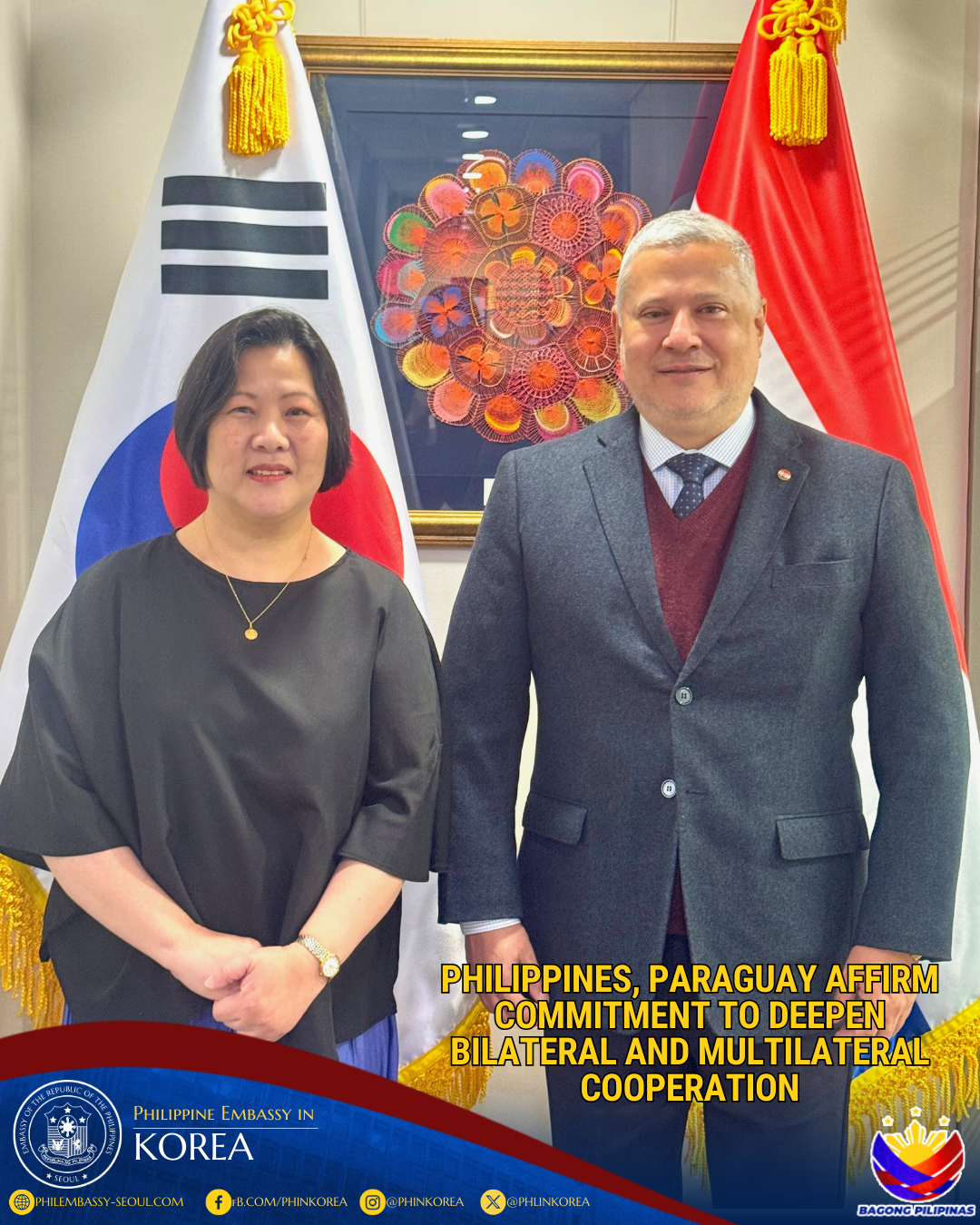South Korean Policewoman is Biology Teacher from Pangasinan
12 August 2008 – Anabelle Castro, a native of Pangasinan, became the second naturalized Korean citizen to join the ranks of South Korean police officers in what some local media outlets reported as an indication of South Korea’s greater openness towards foreigners.
A biology teacher in her native town before migrating to South Korea in 1997, Castro successfully passed the written tests and completed the rigorous training administered by the National Central Police Academy last month. She is one of two naturalized Korean citizens who finished the course, the other coming from Indonesia. The first one was from China. Her story has appeared in several Korean publications, including the major daily Chosun Ilbo. On 11 August, the JoongAng Daily, another Korean newspaper in English, published a front-page story about Castro entitled “Korea’s naturalized citizens assume larger roles in governmental affairs.†Other newspapers ran a similar article. During a courtesy call on Amb. Cruz at the Philippine Embassy on 7 August, Castro confided that, while she looked forward to performing her job well, she felt embarrassed about the attention she had been receiving. “I have not done anything yet,†she insisted. But in South Korea, where foreigners sometimes complain of difficulty integrating into a society that has traditionally claimed cultural and ethnic homogeneity, Castro’s entry into civil service signals another positive turn in government efforts to recognize and address the needs of an ever-increasing number of migrant workers, mixed marriages and expatriates. Castro affirmed the usefulness of her facility in Tagalog particularly when her team responds to cases involving Filipinos. “They are happy that they could easily talk to me. Kapag Korean, naaalangan sila (They feel awkward if they have to speak to a Korean),†she explained. Castro, who has three children from her Korean husband of 12 years, recalled the challenges of moving to South Korea and raising a multicultural family. Now fluent in Korean, Castro credited the support of her family and her knowledge of the language, which she developed through regular study and practice, for helping overcome cultural barriers and facilitating her adjustment. Amb. Cruz hailed Castro’s achievement. “The Philippine Government takes pride in the accomplishments of Filipinos overseas, especially those who do well in civil society,†declared the Ambassador. “Although Anabelle humbly asserts that she has not done anything yet, she is actually already doing a lot because her example serves as an inspiration for other Filipinos abroad to do better, dream bigger and attain greater heights,†he added. Castro also praised her Korean colleagues. “They accepted me very warmly,†she stated. Castro plans to some day use her background in biology by branching out to forensics. For the meantime, she concentrates on excelling in her first deployment to Ansan, Kyeonggido, where several Filipinos reside. More than one million foreigners now live in South Korea, a trend that is expected to increase over the years. To improve its service, the National Police Agency actively encourages applications from individuals who can communicate in other languages such as Filipino, Chinese, Vietnamese, Indonesian, Arabic and Mongolian. Approximately 50,000 Filipinos live in South Korea as professionals, students, spouses of Korean nationals, workers and missionaries. Earlier this year, another Filipina, Judith Hernandez, became the focus of media attention for being the first foreign-born citizen to run for the National Assembly. Said Castro of the rigorous training program to become a police officer: “I just kept on going. Mahirap pero bakit ako maggi-give up? (It was difficult but why should I give up?)â€


 February 08, 2026
February 08, 2026
 February 07, 2026
February 07, 2026
 January 28, 2026
January 28, 2026
